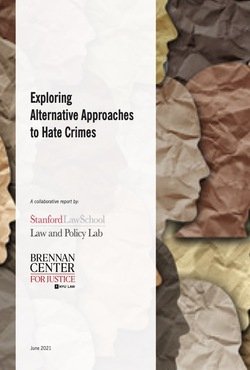By Jean le Roux and Tessa Knight, Atlantic Council and Digital Forensic Research Lab (DFRLab)
The prominence of West Africa, and Africa as a whole, within the global disinformation ecosystem cannot be ignored. A report by the Africa Center for Strategic Studies released in April 2022 identified twenty-three disinformation campaigns targeting African countries dating back to 2014. Of these campaigns, sixteen are linked to Russia. The listed disinformation campaigns—nine of which were identified by the DFRLab—reveal two key points. First, there has been a marked increase in the number of publicly identified disinformation campaigns in recent years. Whether this is due to an increase in the scrutiny, analytical capacity, or efforts on the part of bad actors is unclear. Second, the characteristics of each of these influence operations are distinct—these operations target a wide variety of issues, such as elections, the war in Ukraine, commercial interests, and domestic and international politics. Further, relations between France and francophone West Africa have, following years of amicable relations built on the back of military cooperation, seen a marked erosion that was underscored by the exit of the last of the French troops from Mali in August 2022. Anti-France and pro-Russia sentiments have surged contemporaneously, with overlapping narratives positioning Russia as a viable alternative to Western aid. When French forces began their departure from Mali in June 2022, Russian private military companies (PMCs) such as the Wagner Group stood ready to fill the void. Mapping Disinformation in Africa, Africa Center for Strategic Studies, April 26, 2022, https://africacenter.org/spotlight/mapping-disinformation-in-africa/. This report examines several influence operation case studies from the West African region, with a particular emphasis on Mali, Burkina Faso, Côte d’Ivoire, and Niger. The narratives, actors, and contexts supporting these influence operations are summarized alongside their impact on regional stability. Russian influence plays a significant role in these case studies, an unsurprising fact considering the geopolitical history of this region. This report also includes case studies from outside the Sahel region, consisting of thematically distinct but strategically noteworthy influence campaigns from elsewhere on the continent. For example, the Nigerian government used social media influencers to suppress citizen participation in the #EndSARS movement. Elsewhere, the Ethiopian diaspora used innovative click-to-tweet campaigns to spread international awareness of the conflict in Ethiopia’s Tigray region. In South Africa, the rise in violent xenophobic demonstrations was precipitated by a popular social media campaign that normalized prejudice against foreign nationals. The plethora of actors, targets, strategies, and tactics make a blanket approach to studying African disinformation networks difficult. The depth and breadth of these campaigns shows that Africa is facing the same challenges as the rest of the world insofar as disinformation is concerned. Moreover, the interest shown by foreign governments attests to the region’s geopolitical significance. This combination of geopolitical importance and a vulnerability to influence campaigns makes Africa a notable case study
Washington, DC: Atlantic Council, 2023. 52p.







